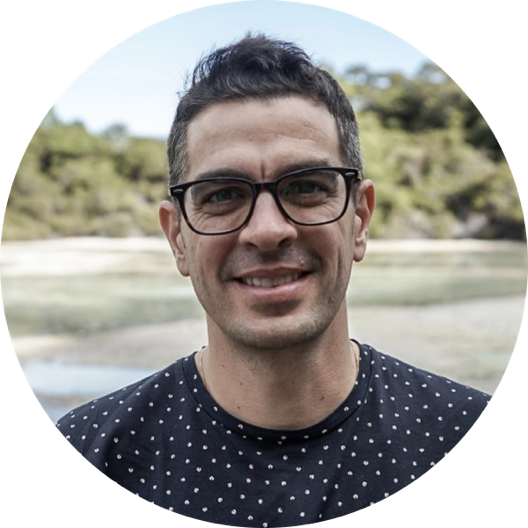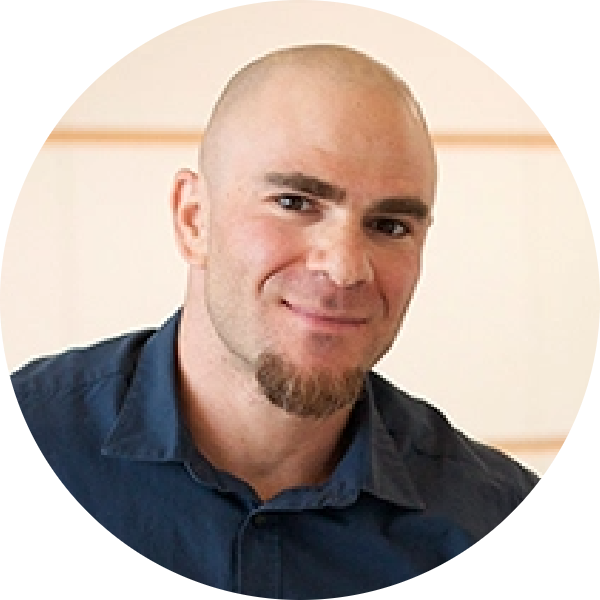
Help is available for 1.5 million Australians with serious tinnitus
Let them know during International Tinnitus Awareness Week, from 5 to 11 February.
- Millions of people have been told there is nothing they can do about their tinnitus.
- That’s bad advice and for many it leads to more stress anxiety and depression.
- Our researchers in Auckland, Sydney, France, Belgium, the UK and the USA are available for interview throughout Tinnitus Week.
- They can talk about what we know about tinnitus, and the range of ways that you can train your brain to overcome tinnitus.
- They can talk about tinnitus in their own families, and how those experiences led them to look for better options.
In January, MindEar and the University of Auckland published a paper showing how the MindEar app can help. However, for Tinnitus Week our researchers will talk more widely about the range of approaches available including cognitive brain therapy, sound therapy devices and apps.
Available for interview are:
- Dr Fabrice Bardy (UK/France), whose father developed severe tinnitus after a head injury.
- Dr Matthieu Recugnat (Sydney, Australia), whose grandmother suffered severely from tinnitus
- Michael Piskosz (New Jersey, USA)
- Prof Laure Jacquemin (Antwerp, Belgium)
In 2024, MindEar is supporting Tinnitus Australia’s T is for Tinnitus awareness campaign during international tinnitus awareness week.
For interviews contact
Tom Carruthers: tom@scienceinpublic.com.au, +61 404 404 026
More information on tinnitus and our researchers
Tinnitus is common, affecting up to one in four people. It is mostly experienced by older adults but can appear for children. For some, it goes away without intervention. For others, it can be debilitatingly life-changing: affecting hearing, mood, concentration, sleep and in severe cases, causing anxiety or depression.
Severe tinnitus affects hundreds of millions of people worldwide including about 1.5 million people in Australia, 4 million in the UK and 20 million.
Specialist psychological support, hearing aids, smartphone apps and other interventions can all help train the brain to ignore tinnitus.
MindEar have expert audiologists and tinnitus researchers available to provide general media briefing, background, and quoted interviews to support coverage during tinnitus awareness week.
Experts available for media comment and background briefing
Dr Fabrice Bardy (Nantes, France)
Audiologist, neuroscientist and co-founder of MindEar – Fluent in English and French
Dr Bardy is a hearing neuroscientist, clinical audiologist and entrepreneur. His research interests are centred on developing methods to complete hearing assessments and hearing rehabilitation. He has worked at the National Acoustic Laboratories in Sydney for ten years, and as a clinical audiologist for five years (in France, Switzerland and Denmark). He completed a PhD at Macquarie University in Australia and is currently a honorary fellow at the University of Auckland, New Zealand.
Dr Matthieu Recugnat (Sydney, Australia)
Engineer, hearing researcher and co-founder of MindEar – Fluent in English and French
Dr Recugnat is a researcher and entrepreneur in hearing, tinnitus and cochlear implants. Previously having worked at Oticon Medical as a scientific research engineer, he completed his PhD working at University College London and later at Macquarie University, Australia where he is now an honorary research fellow.
Michael Piskosz (New Jersey, USA)
Audiologist and tinnitus specialist – Fluent in English
Michael is an audiologist and tinnitus expert who did his undergraduate studies at Syracuse University, and his Masters of Science in Audiology at the University of Washington. He has worked in the hearing healthcare field for over twenty-five years collaborating in the development of tinnitus treatment options with major hearing manufacturers. He is a thought leader in audiology and tinnitus support.
Prof Laure Jacquemin (Antwerp, Belgium)
Postdoctoral researcher and clinical audiologist – Fluent in English and Dutch
Prof Jacquemin is an audiologist with expertise in tinnitus, hyperacusis and misophonia. Her research is focused on improving quality of life via investigating new techniques to objectify the patients' perception and improving current treatments. She has a PhD from the University of Antwerp where she is currently professor.
N.B. All the above experts are associated with the company MindEar and are available to provide comment and background on tinnitus in general in relation to tinnitus week.
General background
What is tinnitus?
- Even before we are born, our brains learn to filter out sounds that we determine to be irrelevant, such as the surprisingly loud sound of blood rushing past our ears. As we grow, our brains further learn to filter out environmental noises such as a busy road, an air conditioner or sleeping partners.
- Most alarms, such as those in smoke detectors, bypass this filter and trigger a sense of alert for people, even if they are asleep. This primes the fight-or-flight response, and is especially strong for sounds we associate with bad prior experiences.
- Unlike an alarm, tinnitus occurs when a person hears a sound in the head or ears, when there is no external sound source or risk presented in the environment, and yet the mind responds with a similar alert response.
- The sound is perceived as an unpleasant, irritating, or intrusive noise that can't be switched off. The brain focuses on it insistently, further training our mind to pay even more attention even though there is no risk.
- Tinnitus is not a disease in itself, but is often a symptom of an underlying health condition, such as damage to the auditory system or tensions occurring in the head and neck.
What options are there for patients?
- There is no known cure for tinnitus.
- There are, however, management strategies and techniques that help many sufferers find relief.
- For those who experience tinnitus associated with hearing loss, the support of a hearing aid can reduce tinnitus symptoms and make the symptom more manageable.
- Some patients find relief through psychologist support who provide options including cognitive behaviour training. By training and using tactics to give tinnitus less attention, the sounds become easier it tunes out.
- There are also some smartphone apps that assist in this space, including Oto and MindEar tinnitus apps.
- MindEar aims to help people to practice focus through a training program, equipping users to physically suppress stress hormones and responses, and thus reducing the brain’s focus on tinnitus.
- MindEar recently announced the results of an initial clinical trial (28 patients) where they demonstrated over two thirds of patients experience clinically significant improvements within weeks.
Further background
- MindEar has a broad range of background documents, videos and explainers on tinnitus
- Tinnitus Australia
- US National Institute on Deafness and Other Communication Disorders
- UK National Health Service
Contact details:
To coordinate interviews please contact Tom Carruthers tom@scienceinpublic.com.au +61 404 404 026





